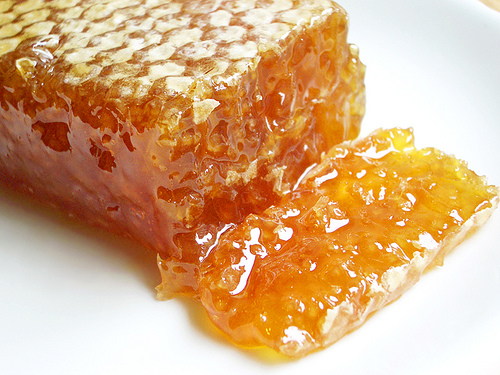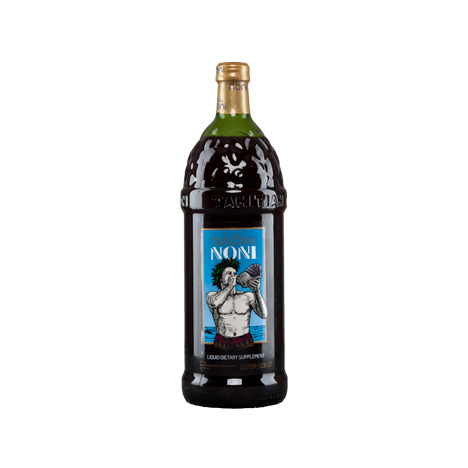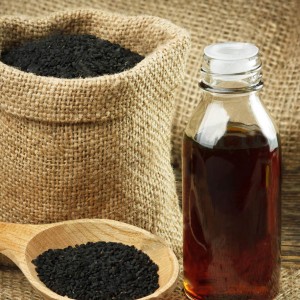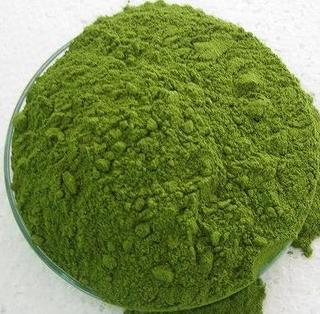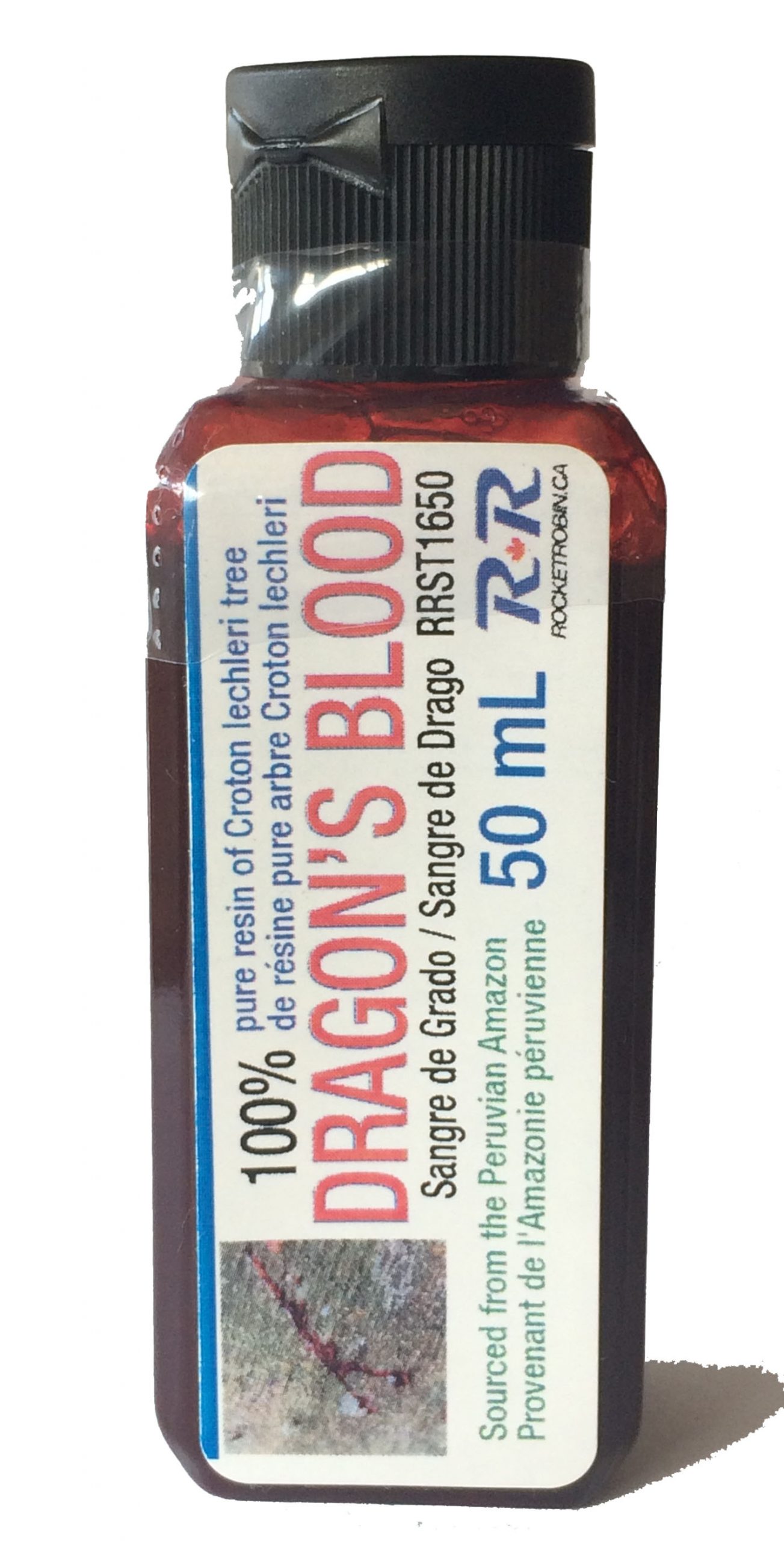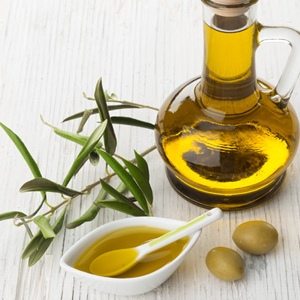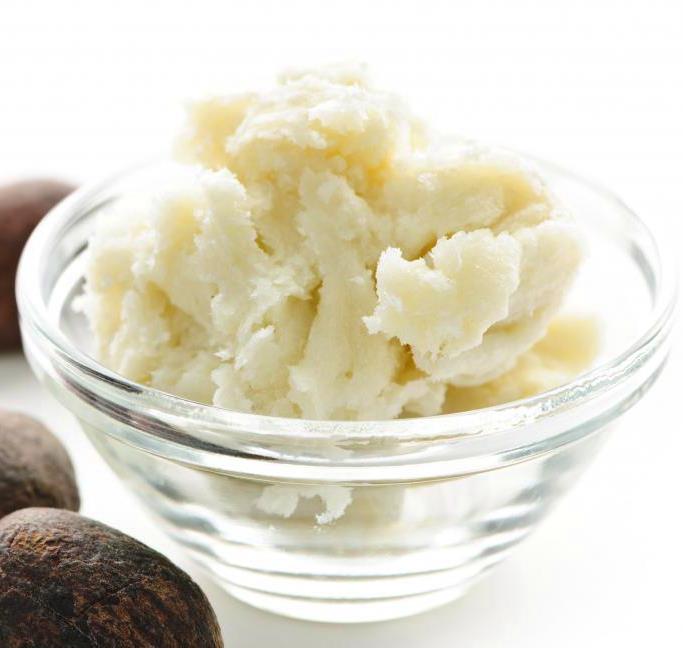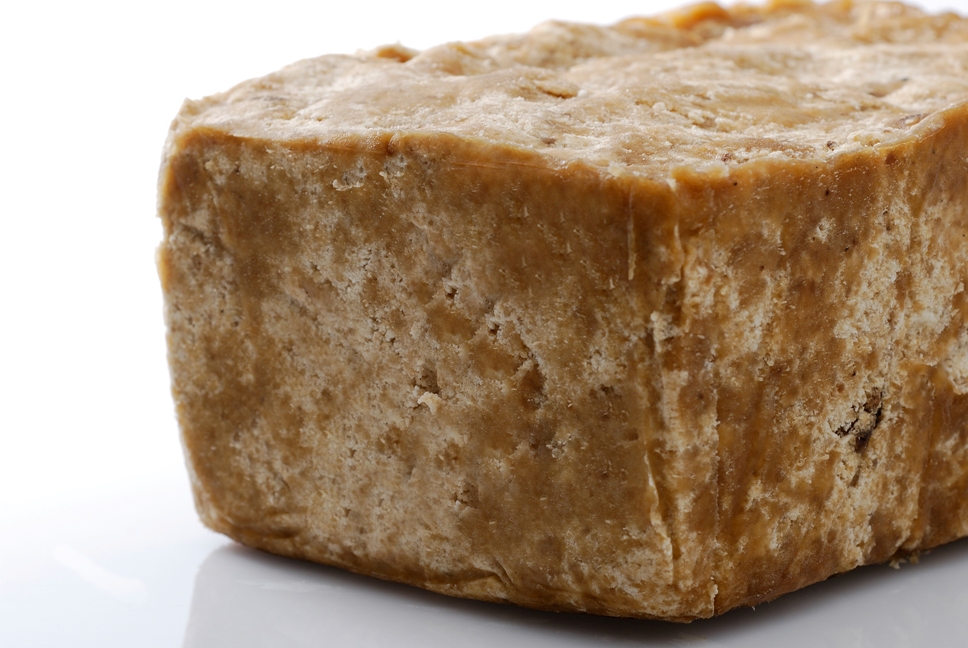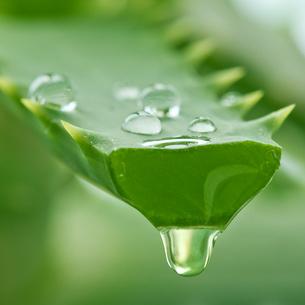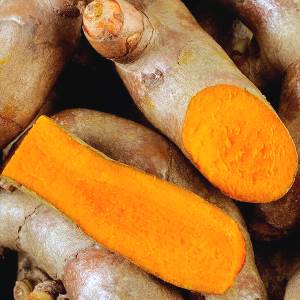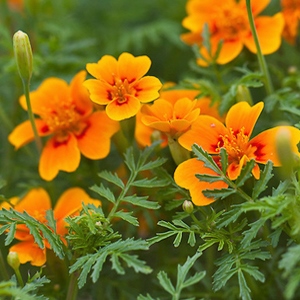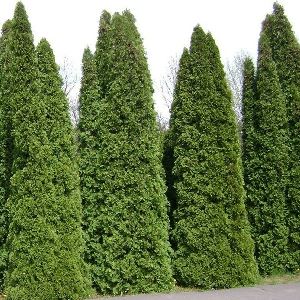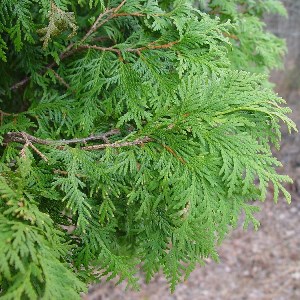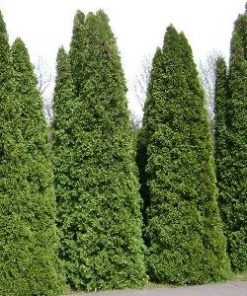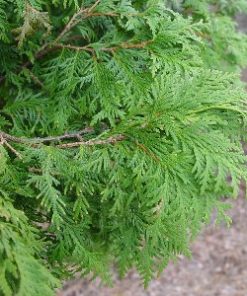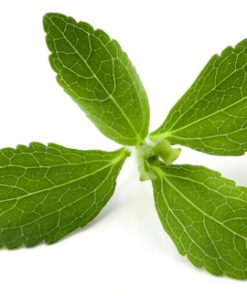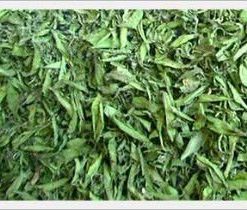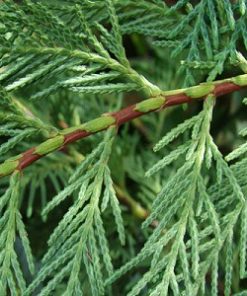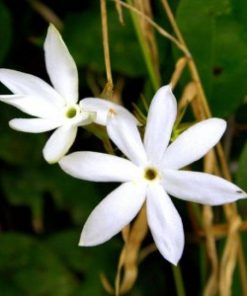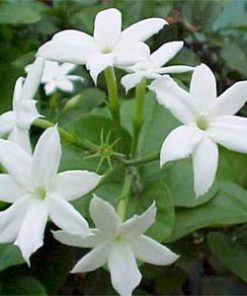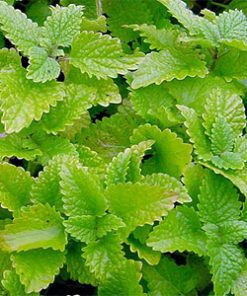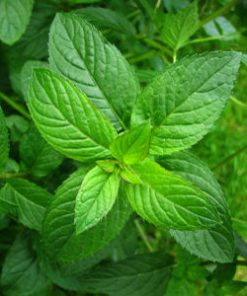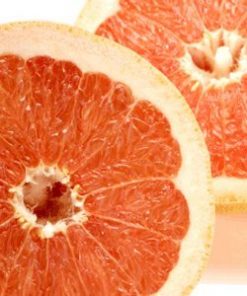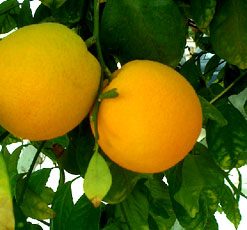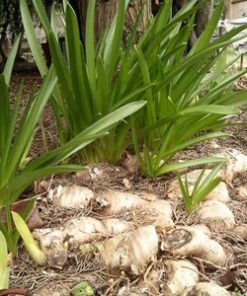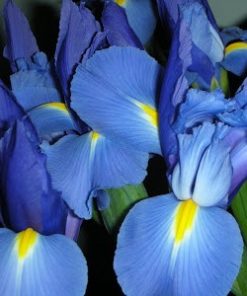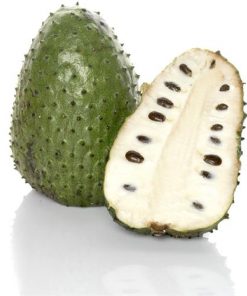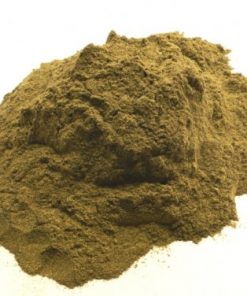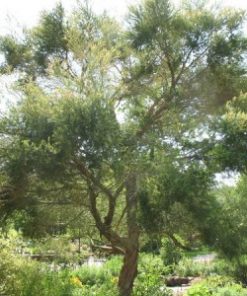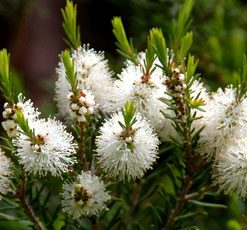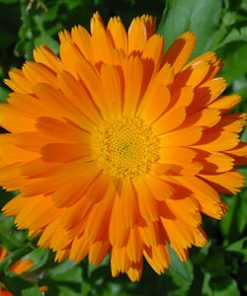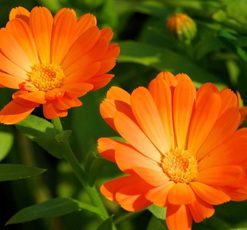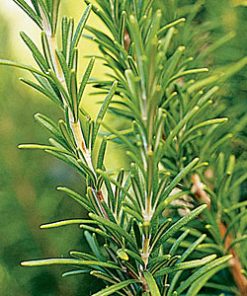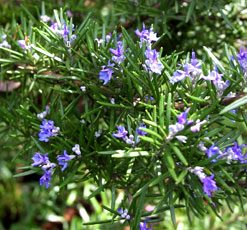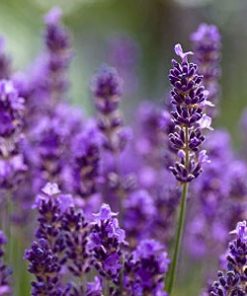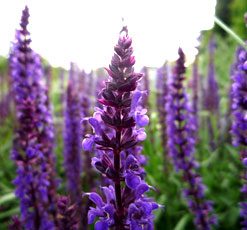Description
Essential Oil Thuja (15 mL)
Essential Oil Thuja
The scientific name of Thuja is Thuja Occidentalis and it is basically a coniferous tree, while normally not very tall. Crushed Thuja leaves emit a pleasant smell which is somewhat like that of crushed Eucalyptus leaves, but sweeter. Also known as Eastern White Cedar, Northern White Cedar, Cedar Leaf, Tree Of Life and American Arborvitae, it grows near fresh water.
Cedar Leaf or White Cedar Essential Oil Cedar leaf oil is composed of active essences synthesized by the secretory cells of aromatic plants through solar energy. Cedar leaf oil is used in pharmaceutical products because of its therapeutic properties, as well as perfume, toiletries, cosmetics, soaps and detergents, because of its aromatic properties.
Thuja oil has a camphoraceous, fruity aroma that gives a lift to the emotions and clears stale air when used in room diffusers. The oil has antibacterial and constricting properties when used externally on skin, and may be a skin irritant. Thuja oil should not be used in during pregnancy. Cautions: Due to the presence of thujone in this oil, please consult a physician prior to using it. Dilute before use; for external use only.
HISTORY OF USE
Thuja occidentalis is native to North America and grows in dense forests in southeastern Canada and the northeastern United States.
Thuja is well known and is very popular as a decorative plant. This does not mean that it is in any way less popular in the world of medicines. Thuja has a significant place in herbal and Homeopathic systems of medicine. There is even a medicine simply called Thuja in Homeopathy. Thuja can be readily found in parks, domestic gardens, and in most other places where people try to decorate their surroundings with decorative plants.
The scientific name of Thuja is Thuja Occidentalis and it is basically a coniferous tree, while normally not very tall. Crushed Thuja leaves emit a pleasant smell which is somewhat like that of crushed Eucalyptus leaves, but sweeter. This smell comes from some of the components of its essential oil, predominantly some variants of thujone. The chief constituents of this oil are alpha pinene, alpha thujone, beta thujone, bornyl acetate, camphene, camphone, delta sabinene, fenchone and terpinenol. This essential oil is extracted by steam distillation of its leaves and branches.
Its smell may be very pleasant, but it is important to note that one should avoid excess inhalation of it, since it can produce irritation in the respiratory tract as well as nervous afflictions, since it is made of neurotoxic compounds.
In foods and beverages, thuja is used as a flavouring agent.
In manufacturing, thuja is used as a fragrance in cosmetics and soaps.
The natives of Canada used the needles of Thuja occidentalis (Eastern White Cedar) to make a tea that has been shown to contain 50 mg of vitamin C per 100 grams; this helped prevent and treat scurvy.
In the 19th century Thuja was commonly used as an externally applied tincture or ointment for the treatment of warts, ringworm and thrush, and a local injection of the tincture was used for treating venereal warts.
HEALTH BENEFITS
Thuja is used for respiratory tract infections such as bronchitis, bacterial skin infections, and cold sores. It is also used for painful conditions including osteoarthritis and a nerve disorder that affects the face called trigeminal neuralgia.
Some people use thuja to loosen phlegm (as an expectorant), to boost the immune system (as an immunostimulant), and to increase urine flow (as a diuretic). It has also been used to cause abortions.
Thuja is sometimes applied directly to the skin for joint pain, ostearthritis, and muscle pain. Thuja oil is also used for skin diseases, warts, and cancer; and as an insect repellent.
In addition, recent research has shown that extracts prepared from either Thuja occidentalis or Thuja plicata do in fact have antiviral, anti-inflammatory, and antibacterial properties. A group of German researchers reported in 2002 that an extract prepared from cedar leaf, alcohol, and water inhibits the reproduction of influenza virus type A, while a team of researchers in Japan found that an extract of Western red cedar was effective in treating eczema . Lastly, another group of Japanese researchers reported in 2003 that several compounds isolated from the stem bark of Japanese cedar appear to have significant antitumor activity.
In traditional Chinese medicine , the leaves and stems of Thuja orientalis are used to treat nervous disorders, insomnia , and heart palpitations, as well as to stop hemorrhages and bring down fevers. Traditional Chinese physicians also make a preparation of fresh cedar leaves steeped for seven days in a 60% alcohol solution to promote hair growth. The mixture is rubbed on the bald spots three times daily.
The homeopathic preparation known as Thuja is made from the leaves of Thuja occidentalis, and is given to treat soft or bleeding warts on the chin, genitals, or anus. The most widely used homeopathic materia medica, or reference book, also recommends Thuja for headaches that feel like a nail is being driven into the head; vertigo brought on by standing up; emotional depression and restlessness; pain or itching in the scalp; painful swallowing or a feeling of obstruction in the throat; intense thirst at night or early in the morning; stomach cramps that are worse in the evening; difficulty in breathing combined with a violent thirst for cold water; frequent need to urinate, with frothy or cloudy urine; insomnia or restless sleep; or fever and chills that grow worse toward evening.
In aromatherapy , cedar leaf oil is classified as a base note, which means that it has a very long-lasting scent when added to a perfume or incense blend. One Canadian producer of essential oil advises, “… the scent is strong and should be used sparingly. One small application is all you need!” It is considered to have a sedative or calming effect, and is recommended for treating anxiety states as well as asthma, bronchitis , and head colds. Some aromatherapists also recommend cedar leaf oil for treating acne and dandruff .
Possibly Effective for:
Common cold. Research suggests that taking a specific product containing vitamin C and extracts of thuja, echinacea, and wild indigo (Esberitox) by mouth for 7-9 days improves cold symptom severity and overall well-being in people moderate cold symptoms.
Although thuja appears to be safe when used in small amounts that are sometimes found in foods (it is sometimes used as a flavouring agent), it may not be safe to use as a medication or supplement, since very little is known about it.
Large doses of thuja have caused side effects such as nausea, vomiting, diarrhea, gut irritation, and bleeding from membranes lining the body (e.g., the skin lining the inside of the mouth). There have also been reports of asthma attack, liver and kidney damage, seizures, and death from taking more than the recommended amount of thuja.
Do not use thuja if you have gastrointestinal problems such as intestinal ulcers and stomach inflammation.
If the symptoms being treated with thuja persist or become worse, consult a health care provider.
Caution: NEVER USE INTERNALLY without consulting professional medical help
- Not recommended for pregnant women and infants.
Individuals with serious and chronic health issues should consult an expert prior to using oils.
TRUST ROCKET ROBIN
Rocket Robin is proud to be your supplier of truly natural products with simple ingredients in support of your family’s health and well-being.
Additional information
| Weight | 0.1 kg |
|---|---|
| Dimensions | 10 × 10 × 1 cm |

